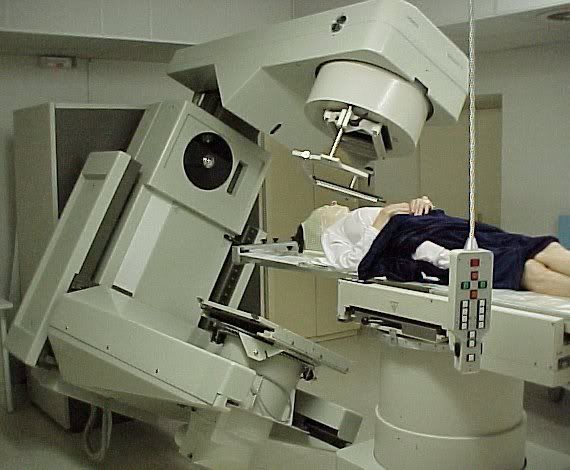Long-term cardiac toxicity after adjuvant epirubicin-based chemotherapy in early breast cancer.
Title
Long-term cardiac toxicity after adjuvant epirubicin-based chemotherapy in early breast cancer: French Adjuvant Study Group results.
Source
Annals of Oncology. 17(1):85-92, 2006 Jan.
Annals of Oncology. 17(1):85-92, 2006 Jan.
BACKGROUND:
The aim of the study was to evaluate and compare incidence and risk factors of left ventricular dysfunction (LVD) in early breast cancer patients receiving (E+) or not (E-) epirubicin-based adjuvant chemotherapy.
PATIENTS AND METHODS:
Among eight FASG trials, 3577 assessable patients were analyzed retrospectively: 2553 received epirubicin, 662 received hormonotherapy alone and 362 had no systemic treatment. Chemotherapy was FEC regimen in 86% of cases (fluorouracil, epirubicin, cyclophosphamide). Epirubicin cumulative dose was less than 300 mg/m2 in 1040 patients, 300-600 in 1155, more than or at least 600 in 279, followed by radiotherapy in 96% of cases.
RESULTS:
Twenty delayed LVD occurred: two in E- patients and 18 in E+ patients. In E+ patients, 14 patients normalized their cardiac function or did not require further investigations, one patient was stabilized with specific treatment, two patients worsened their functions and one died of congestive heart failure. The 7-year risk of LVD was 1.36% in E+ patients and 0.21% in E- patients. Two significant risk factors were identified: age greater or equal to 65 years and body mass index more than 27 kg/m2.
CONCLUSION:
After a long-term follow-up, epirubicin-related LVD risk was acceptable (1.36%) with one toxic death (0.04%). In 78% of cases, LVD were transient or well controlled.




0 Comments:
Post a Comment
<< Home